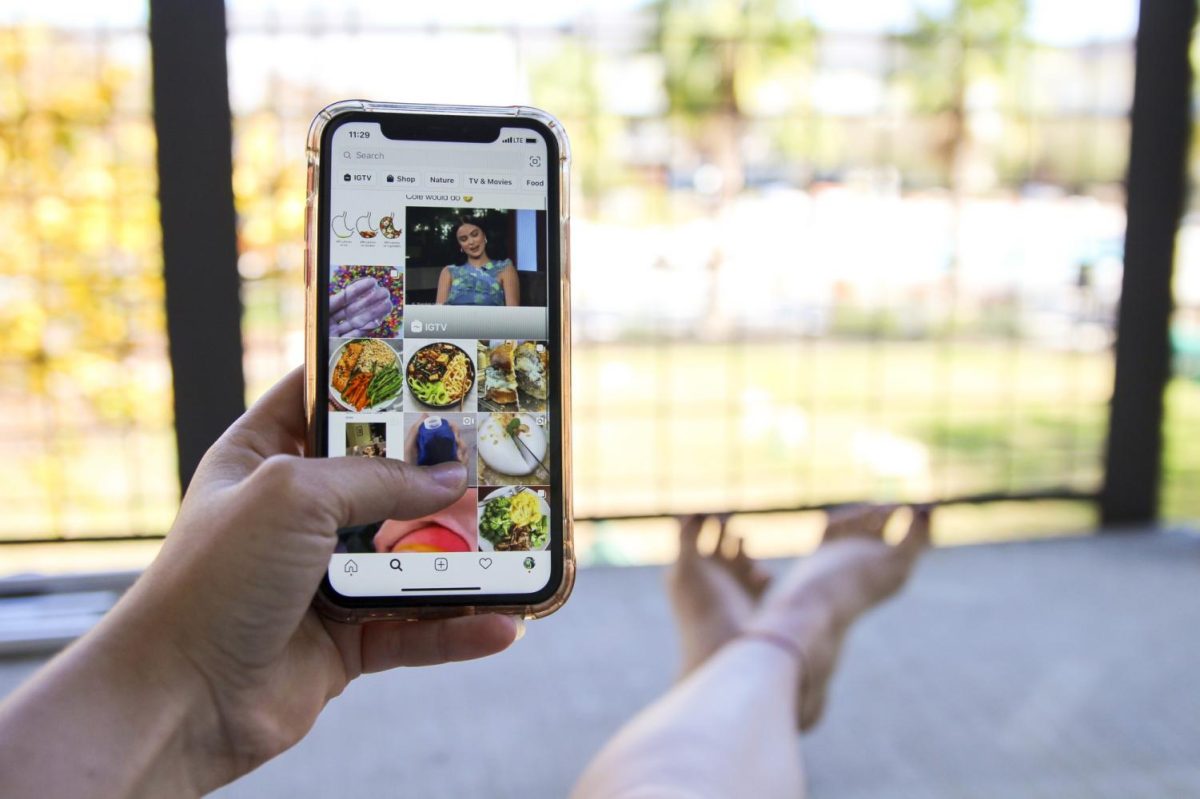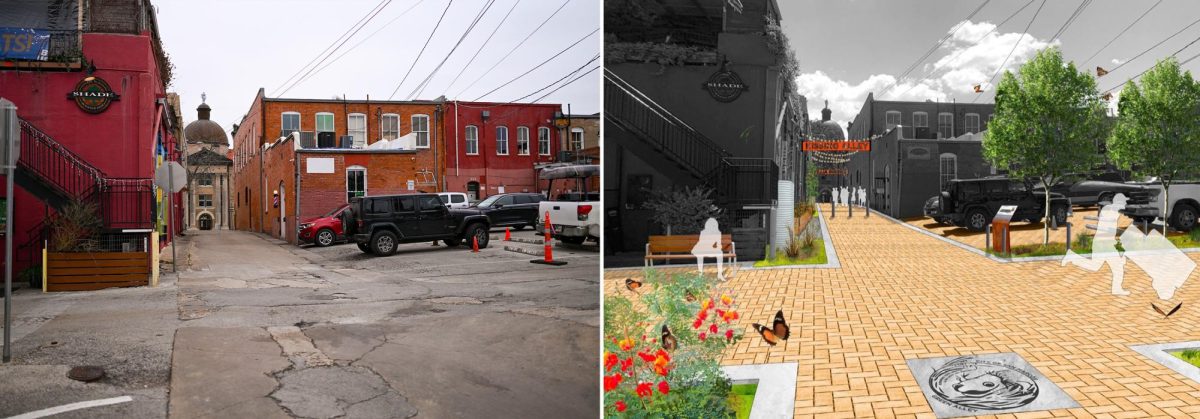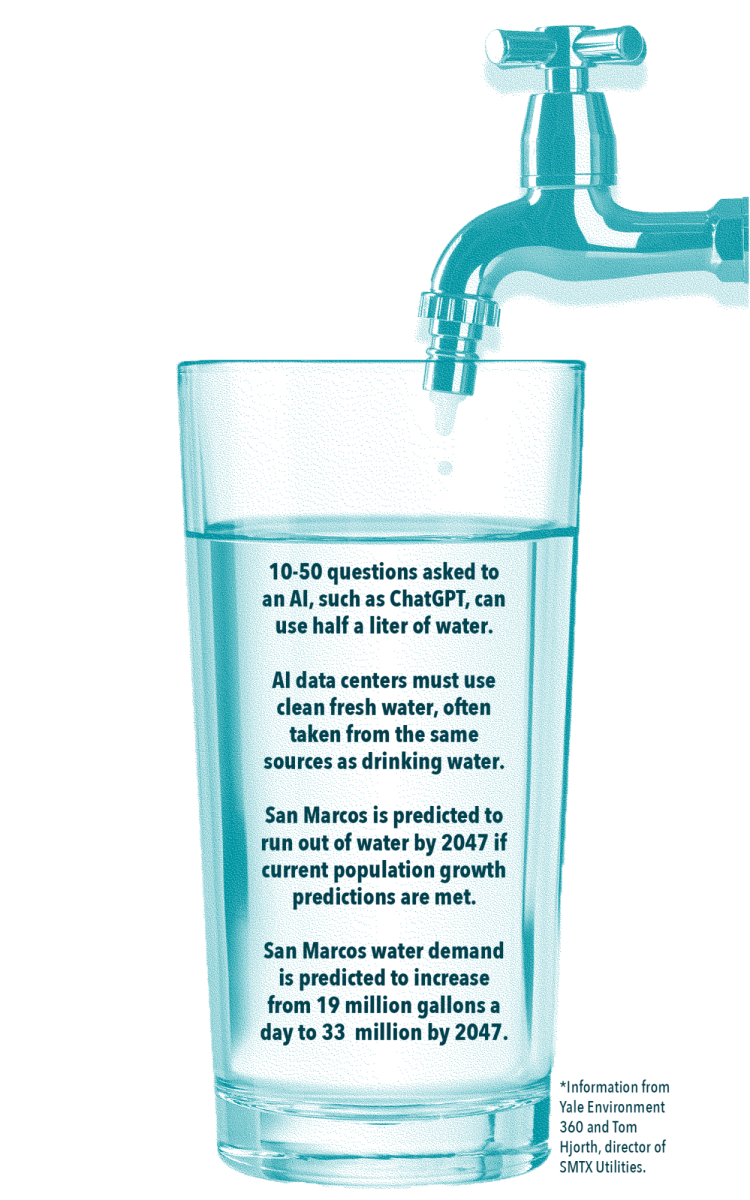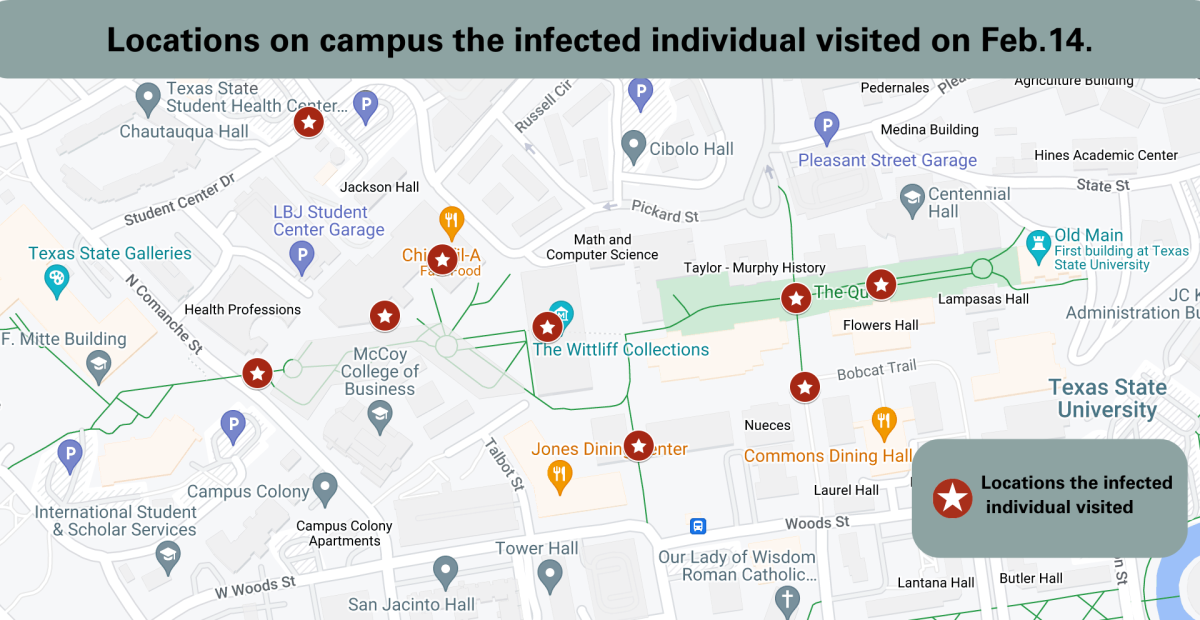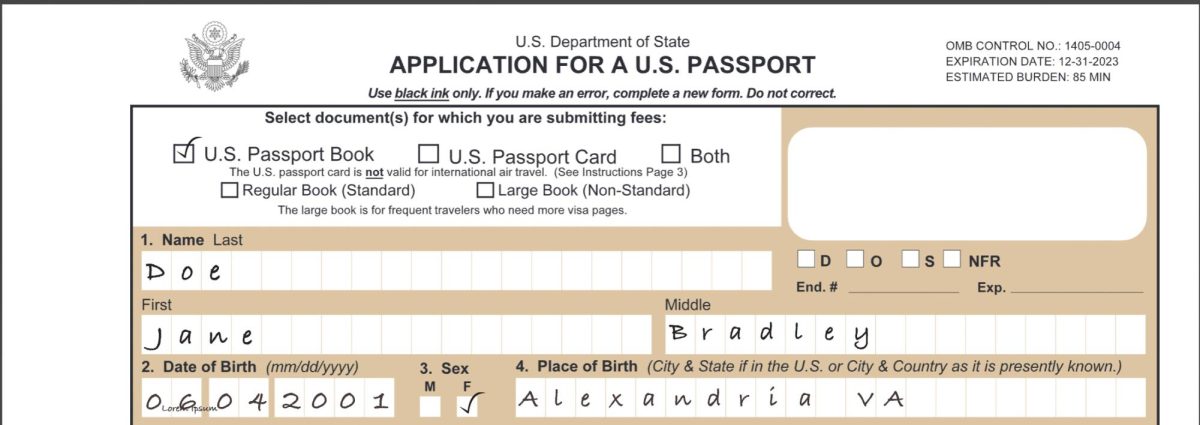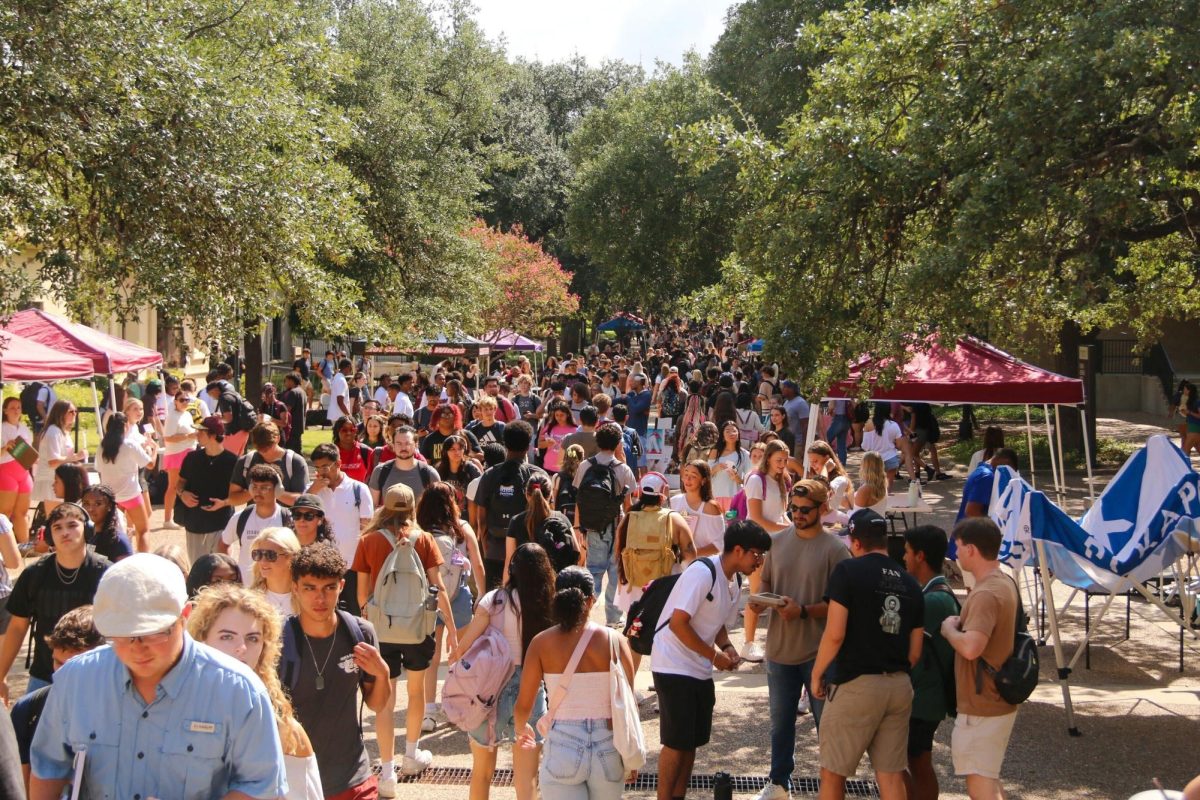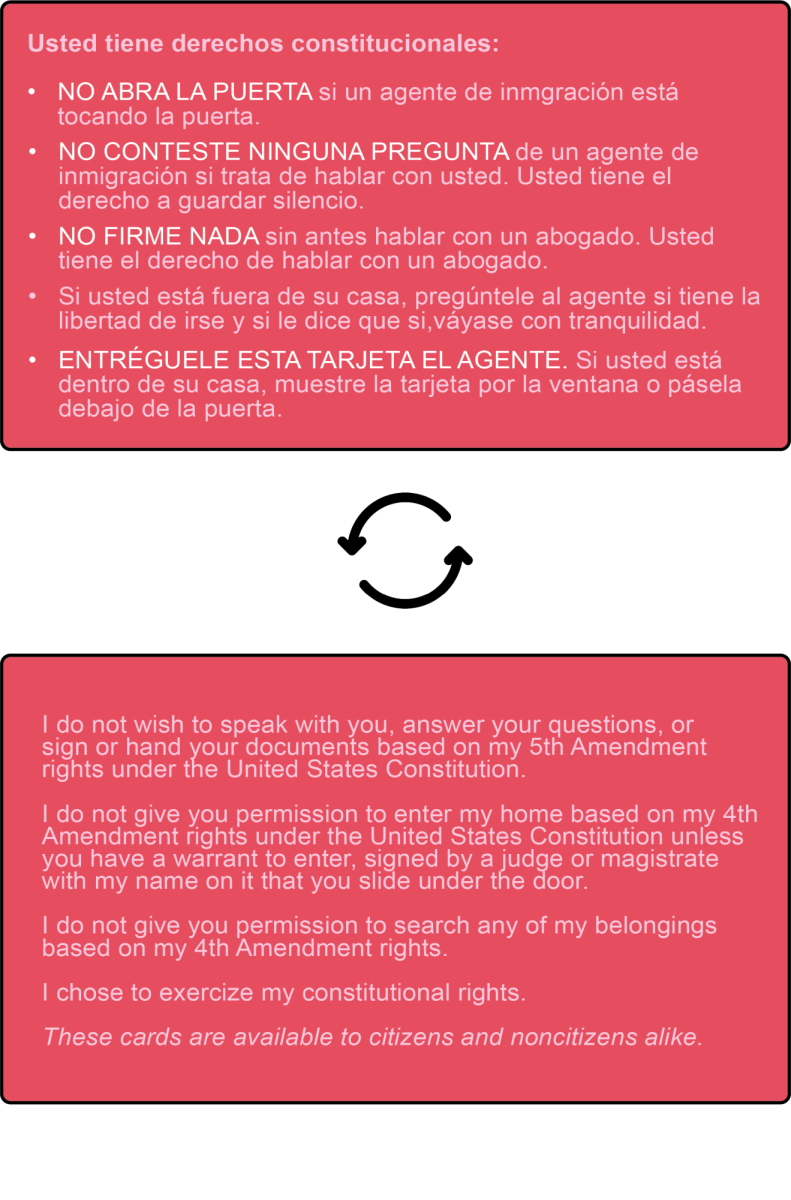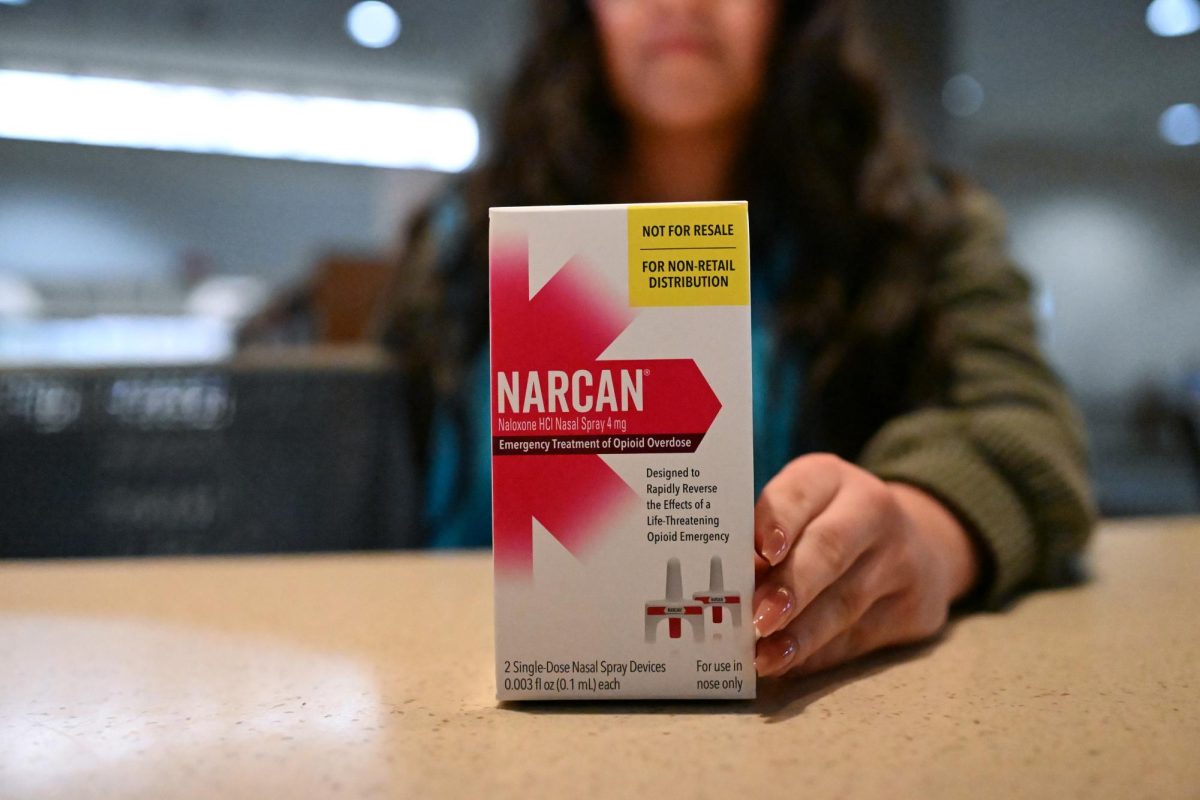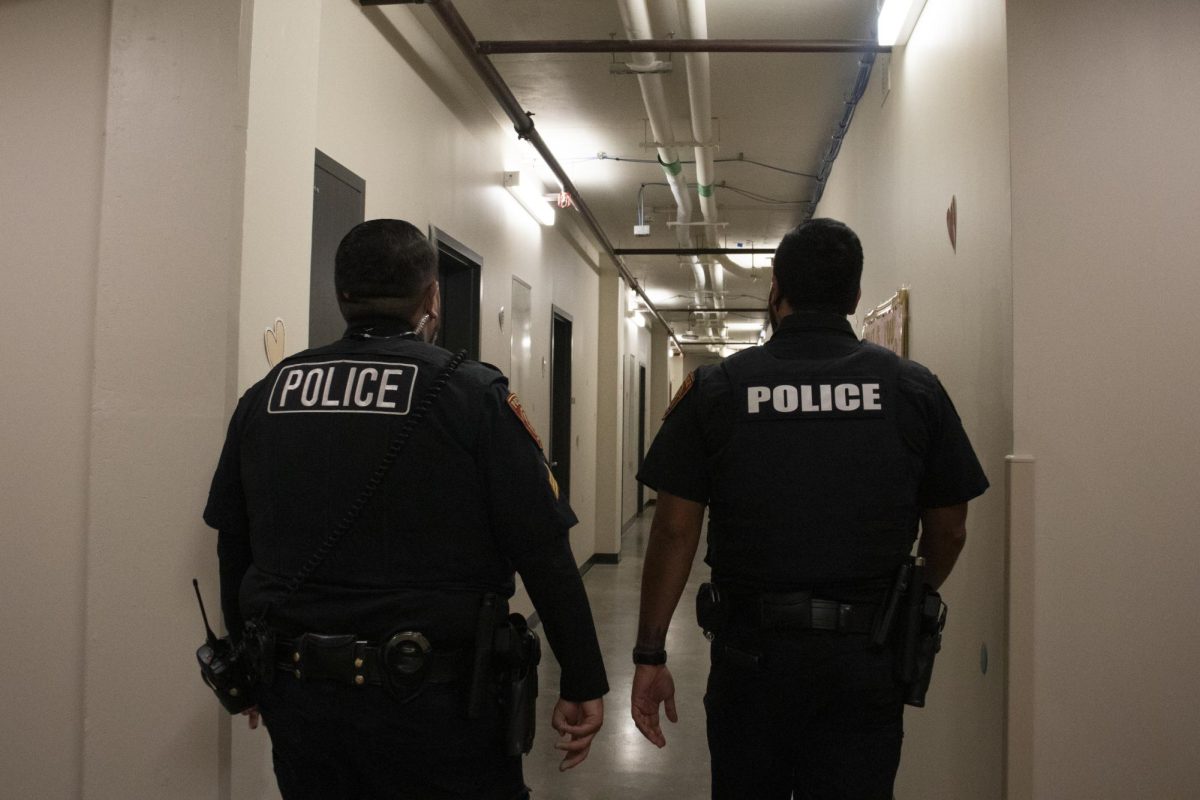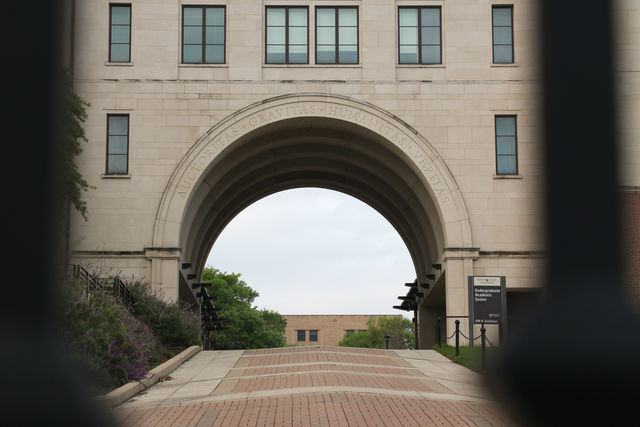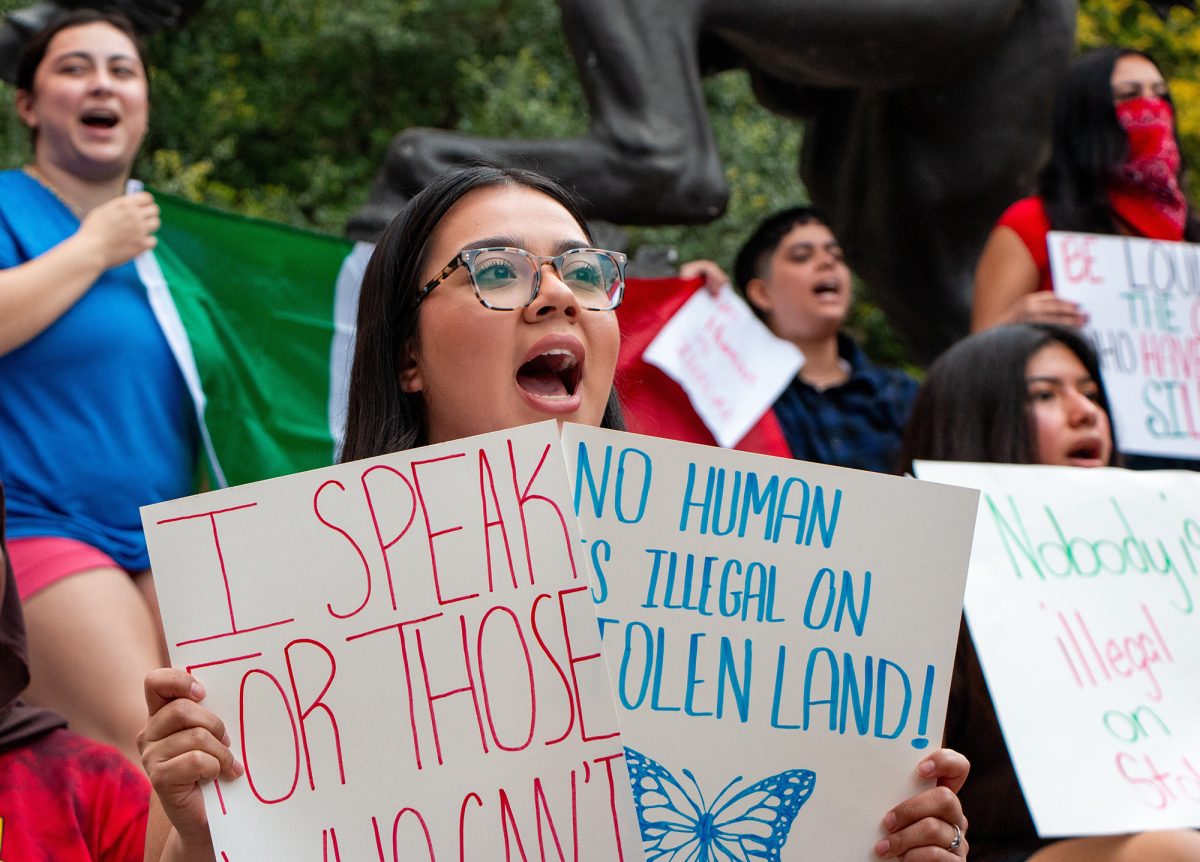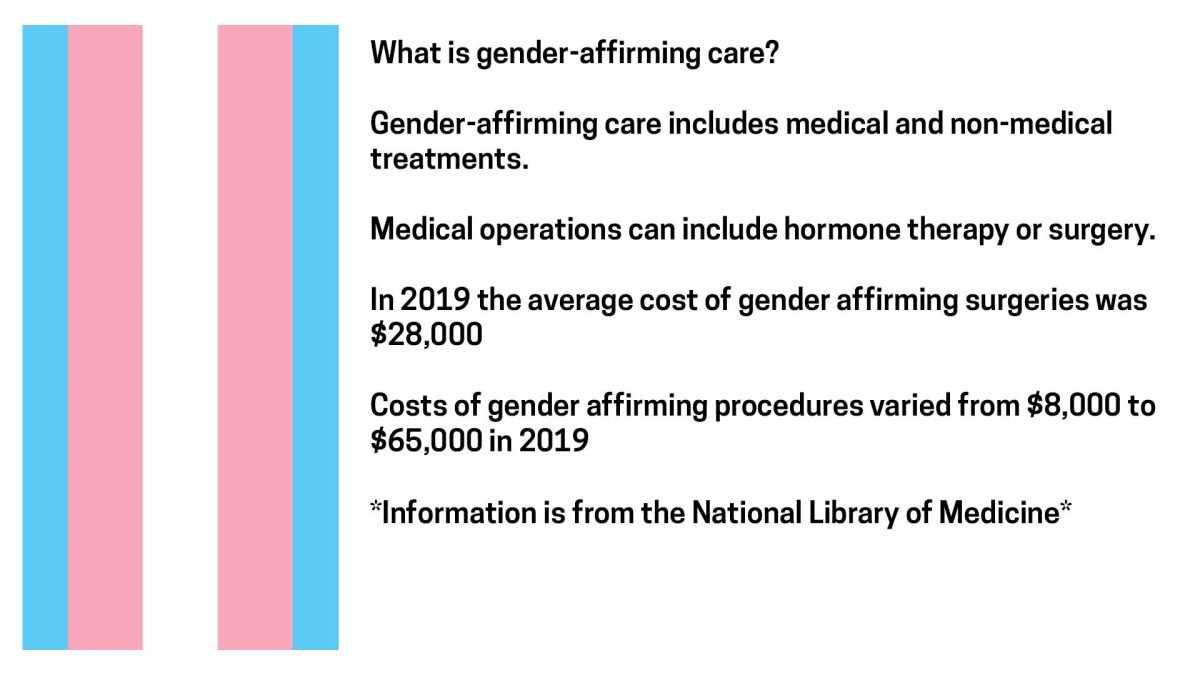A study conducted by the Texas State Psychology and Communication Studies departments found several links between anxiety disorders and social media.
Researchers observed the relationship between social media behaviors and mental health in the study, “Upward social comparisons and posting under the influence: Investigating social media behaviors of U.S. adults with Generalized Anxiety Disorder.” The research was not conducted to determine if social media causes anxiety but to discover if there are different social media habits between users with anxiety and those without.
The team of researchers consisted of graduate research assistants Aaron Bonnette and Anthony Robinson; psychology professor Natalie Ceballos and associate professor Krista Howard; and communication studies assistant professor Stephanie Dailey.
The research was conducted with online survey results from over 1,300 adults who were recruited from a crowdsourcing marketplace called MTurk. Questions in the survey evaluated social media tendencies between respondents that met the criteria for a diagnosis of an anxiety disorder and those who did not.
Researchers found each individual had a unique experience while using social media, spending various amounts of time on different platforms. Results from the survey show those with possible anxiety disorders are more likely to make “upward comparisons,” identified as a tendency of those with anxiety comparing themselves to others who they think are better than them.
Howard said finding evidence of upward comparisons is an important step in research.
“What we found is those with anxiety disorders were more likely to spend time making upward social comparisons,” Howard said. “What that means is they are focused on people and posts of others whom they believe are better off than they are. For many, this can be a problem because it can exacerbate anxiety symptoms and lower self-esteem.”
Another important find made by the team was a correlation between alcohol, social media and anxiety. Individuals with anxiety were found more likely to post on social media while under the influence of alcohol.
“Anxiety disorders and alcohol use are often comorbid, meaning they occur at the same time,” Howard said. “If social media increases anxiety symptoms, alcohol is often used as a maladaptive stress reliever.”
Evidence found in the study verified individuals with anxiety are more likely to spend time making upward comparisons while using social media than individuals without anxiety. Even though this association is shown in the study, it was not confirmed whether or not making upward comparisons and spending time on social media can cause someone to be diagnosed with anxiety.
Ceballos said the study results could not lead the team to determine whether social media caused anxiety or not.
“It’s important to note our study was correlational,” Ceballos said. “We’re only able to describe relationships between variables, such as saying upward social comparisons were related to anxiety and posting while drinking alcohol was related to anxiety.”
Meghan Reed, history sophomore, said having dealt with anxiety before, she feels there is a connection to be drawn between anxiety and social media.
“I really do feel like I’m best off when I’m not concerned with how I’m viewed on social media,” Reed said. “Twitter, Instagram and other platforms have and can put unnecessary ideas and worries in people’s heads. Something like that can easily induce some anxiety when worrying about the way people look at you.”
Researchers offer several possible solutions to limit those troubled with anxiety: limiting time on social media, unfollowing pages causing stress, turning off notifications, following pages with positive messages and spending at least an hour away from the phone before going to sleep.
A resource researchers of the aforementioned study offer is visiting Minds Matter at https://mindsmatter.vpsa.txstate.edu/.
Categories:
Researchers find links between anxiety and social media
December 11, 2019
Texas State student scrolls through their instagram popular page Nov 25 at student housing. Photo credit: Jamie Dorsey
0
Donate to The University Star
Your donation will support the student journalists of Texas State University. Your contribution will allow us to purchase equipment and cover our annual website hosting costs.
More to Discover


